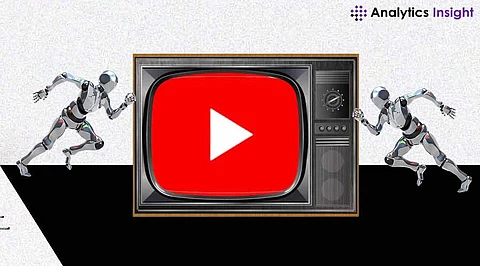

YouTube reported an AI-based phishing operation that concentrates on deceiving YouTube creators. The company notified users about phishers distributing fake content, including YouTube CEO Neal Mohan, to steal user information. The video misleads users about platform monetization changes, while end-users risk handing their login information to cybercriminals.
The deceptive videos are sent for private viewing because scammers disguise themselves as official YouTube representatives. YouTube explicitly denied using private videos to send notifications or policy updates to the platform user base. Users who get questionable private videos that pretend to come from the company are likely targets of a scam.
YouTube advised users not to click links in these videos as they would redirect them to fraudulent phishing sites to steal personal information or install device malware.
The company clearly states that it does not utilize private video sharing for contact efforts. To defend their accounts, the company advises users to report suspicious content immediately and avoid such materials completely. YouTube works to prevent additional damage through its public information campaigns about these phishing attempts.
YouTube creators have described receiving deceptive emails accompanying AI-generated video content. These fraudulent emails impersonate official YouTube communication channels through names like "Notification for YouTube Creators" and "Channel for Creators." All the fraudulent messages in these messages show specific videos while directing users to Download Files and leading them to Fake DocuSign Forms and other deceptive websites. The deceptive messages present a legitimate appearance because they use an official YouTube no-reply email address.
These deceptive messages aim to trick users into following misleading terms involving account compromises or monetization policy changes. The security alert informs users never to accept uninvited video links that seem to originate from familiar email accounts. YouTube makers received notification that executives will never request account access or policy agreements through deceptive means.
YouTube indicates that fraudsters use platform functions to manipulate users into falling for their scams. Phishers' success rate improves when they employ tactics based on social engineering to impersonate trusted sources. All users must be cautious when dealing with unanticipated messages that include links or file attachments.
The company urges its creators to report suspicious videos and emails immediately whenever they receive them. Users who stay alert about these scams and maintain their knowledge of them will decrease their chances of becoming victims of online fraud attempts. YouTube continuously monitors safety threats while conducting necessary actions to protect its members.
